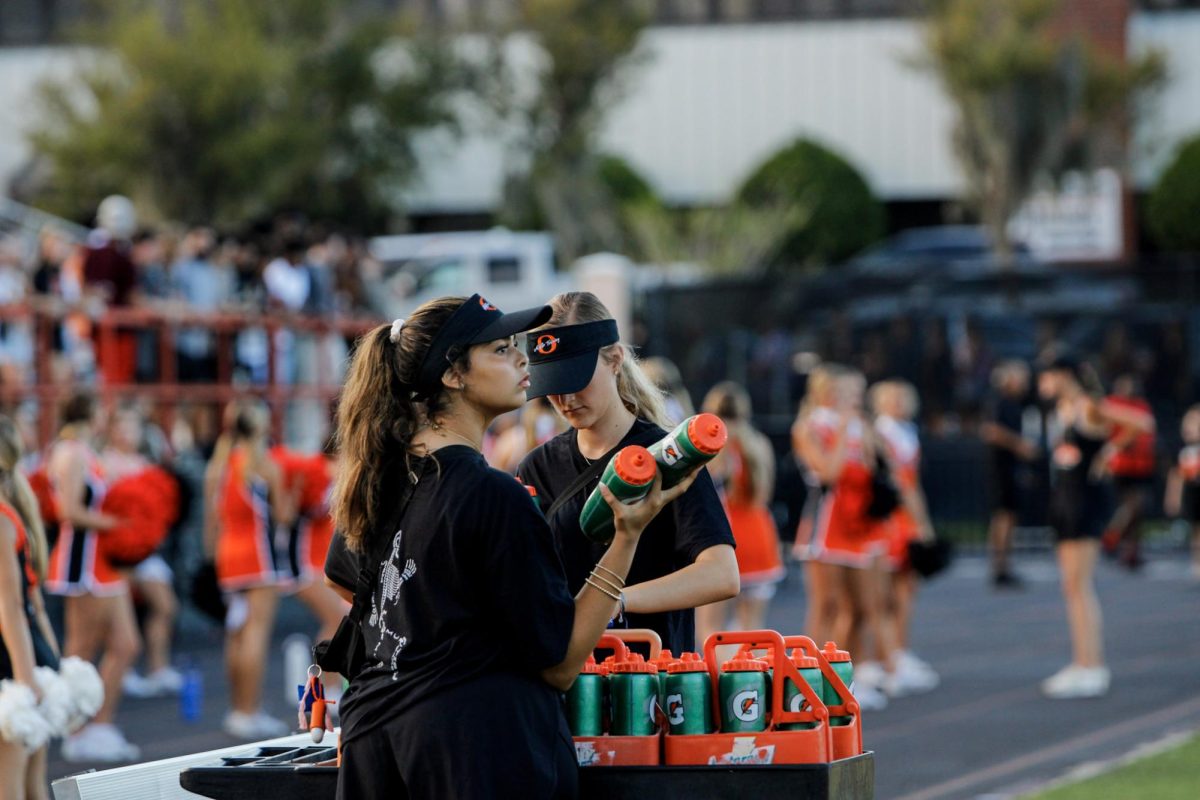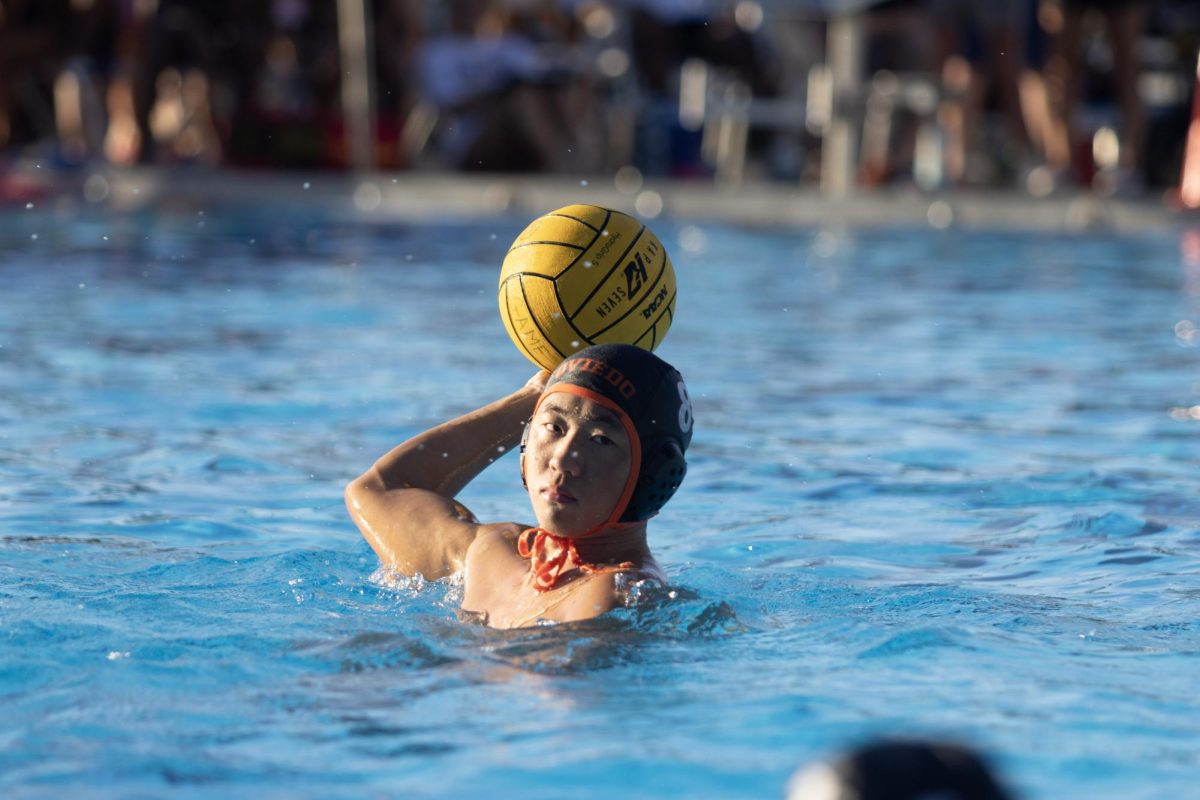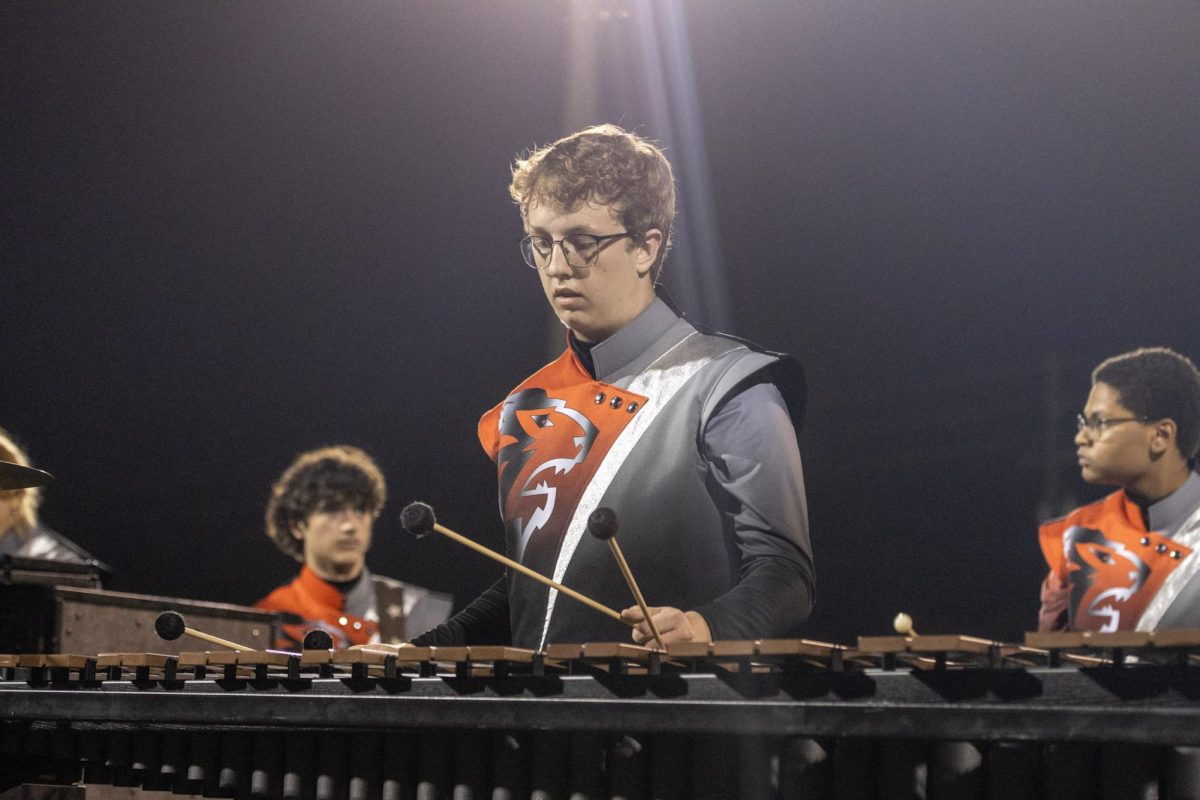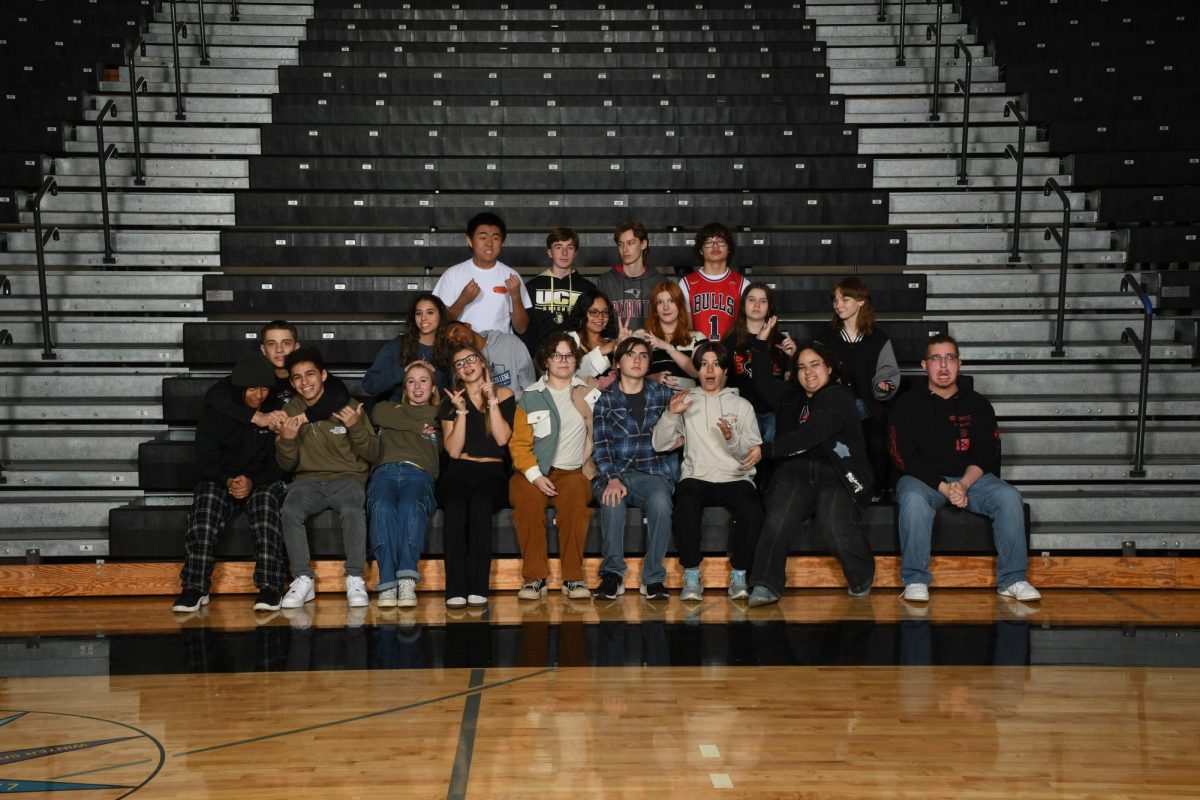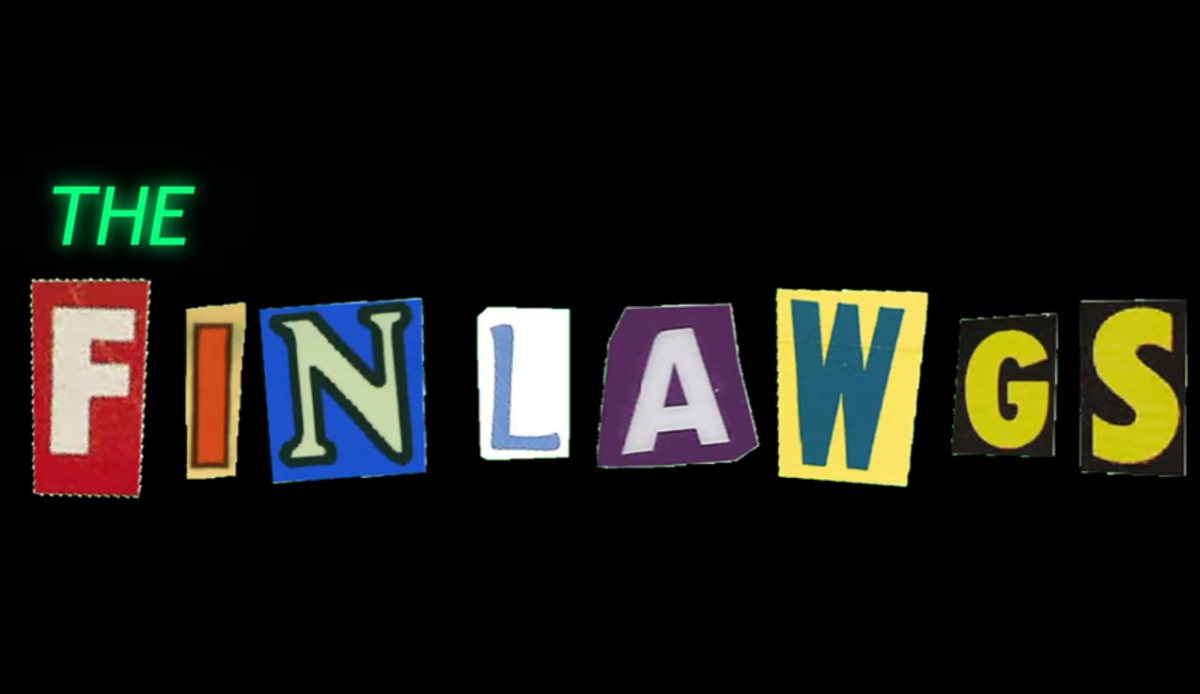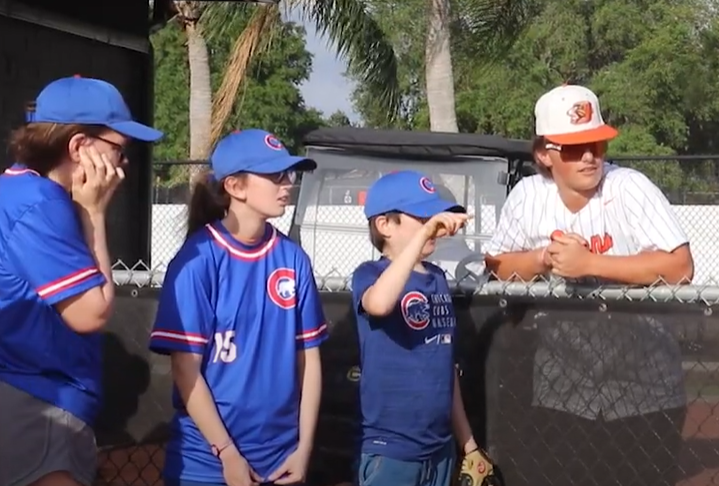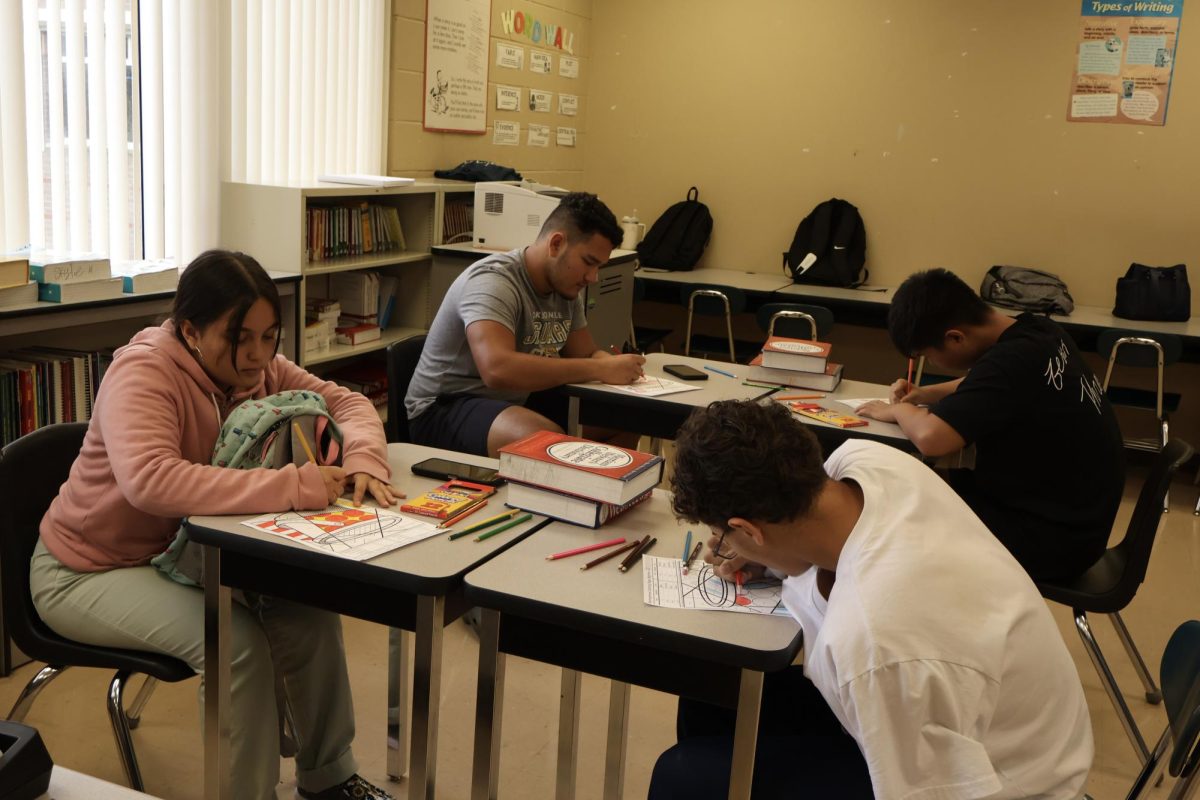Oviedo High School is not new to housing foreign-born students, even boasting a student exchange program. However, due to an inexperience of the English language, some of these students cannot seamlessly merge into school life. They may improve their language skills through the resources the English for Speakers of Other Languages (ESOL) course provides, aiding in connecting with their peers.
An ESOL student goes through a similar daily routine like their peers, excluding two classes. Instead of regular English Language Arts, they have an ESOL variation of the class. The course is designed to go all four years, with three Developmental Language classes accompanying it. However, if the student has proven their skill through various assessments, they may “graduate” from the program.
Gina Cuello, the ESOL teacher, said the goal of the course is “to ensure that students with limited proficiency in the English language receive understandable instruction.” The aim is for students to establish efficient communication with others and comprehension of lessons. The hope is for students to show considerable improvements in their academics.
One of the students in the program is sophomore Lunie Moise. Moise lived in Haiti, only moving to pursue a better education in the United States, finding it crucial that “people can become something for their future.”
Junior Kamryn Sorokvashina left their mother country, Ukraine, to formally unite with their step-family in the United States. Although this would have happened eventually, it happened earlier due to the Russia-Ukraine War breaking out. Family rushed Sorokvashina out of the situation, trying to get the paperwork done as quickly as possible.
Cuello noted her students typically already acquired some type of background in the language before entering the course. In Moise’s case, their parents taught them methods to incorporate the English into daily life, even the little things. To learn a language, it is important to be surrounded by it. That is exactly what they did.
“I didn’t know English. But when I was in Haiti, my dad used to tell me to watch videos on YouTube… he told me to use Duolingo to help me. He told me when I was watching stuff in Creole and French, put them in English,” Moise said.
With Sorokvashina, it followed a somewhat similar route. Their origin in English stemmed from a family who hosted them in their home for five years. The student was able to build their language skills over this period.
“I would come here every year for a month or two, and I didn’t really have a choice at that point. It’s like either you learn or you don’t understand,” Sorokvashina said.
The class has several activities that aids students in the learning process. Although there is a language barrier in most cases, Cuello aims to get around it with how she structures classwork.
“We use Google Translate, educational videos, graphs, pictures, objects, and dictionaries. I also benefit from other students who share the same native language,” Cuello said.
Sorokvashina began the class in their sophomore year, making this their second year in the program. It has already greatly improved their English skills.
Sorokvashina said, “[ESOL] helps a lot, especially grammatically. I didn’t have as much problems with talking, but my grammar was so bad. It still is sometimes.”
Ever since joining the class, Sorokvashina has reported only positive things about what they are learning. It also made Sorokvashina realize much it depends knowing English for getting good grades.
“My grades went so much higher, because I could actually properly understand English. I would fail every quiz. I would do good in class, but I would fail every quiz and test that is possible last year. This year is so much better,” Sorokvashina observed.
Teachers are notified in Skyward when a student is in the program to better accommodate them. Typically, they will incorporate that information into creating tests easier to understand or by offering extra help for them.
Moise suggested ways teachers help them try to understand the material, “when the teacher says something faster, I don’t understand anything about it. But when they take their time doing it slowly, I understand it.”
“A lot of teachers will correct you, but not in a rude way, like when people interrupts you,” Sorokvashina said. “It’s more of like, ‘Okay, you did good, but in this sentence, it probably will be more correct to say it that way.’”
It is a motivation for them, since Sorokvashina knows where to improve and also what they are doing well. They see it as more of a critique.
“I feel like it makes me feel like teachers actually care about you at that point, because not everyone likes their teachers,” Sorokvashina said. “But once you’re in the ESOL program, you feel like your teacher just wants you to be happy and have good stuff in your life.”
Students in ESOL also have the opportunity for one-to-one tutoring. Their teachers, or teachers in the same subject, can sit down with them and explain a lesson in a slower and more personal manner.
“ESOL students attend tutoring with their subject-area teachers after school when their teacher is available, or their parents have them assigned to online tutoring that they complete at home. Tutoring is offered through the Seminole County Public Schools ESOL Department,” Cuello stated.
Students in the ESOL course can often help one another. They are able to relate to each other because they have all struggled similarly. The bonds formed between classmates because of this understanding can last throughout high school and perhaps even further into adulthood.
“Students form connections with their classmates, and they learn about different cultures and languages,” Cuello said. “It helps them improve their English skills, because they communicate with each other with pictures or words.”



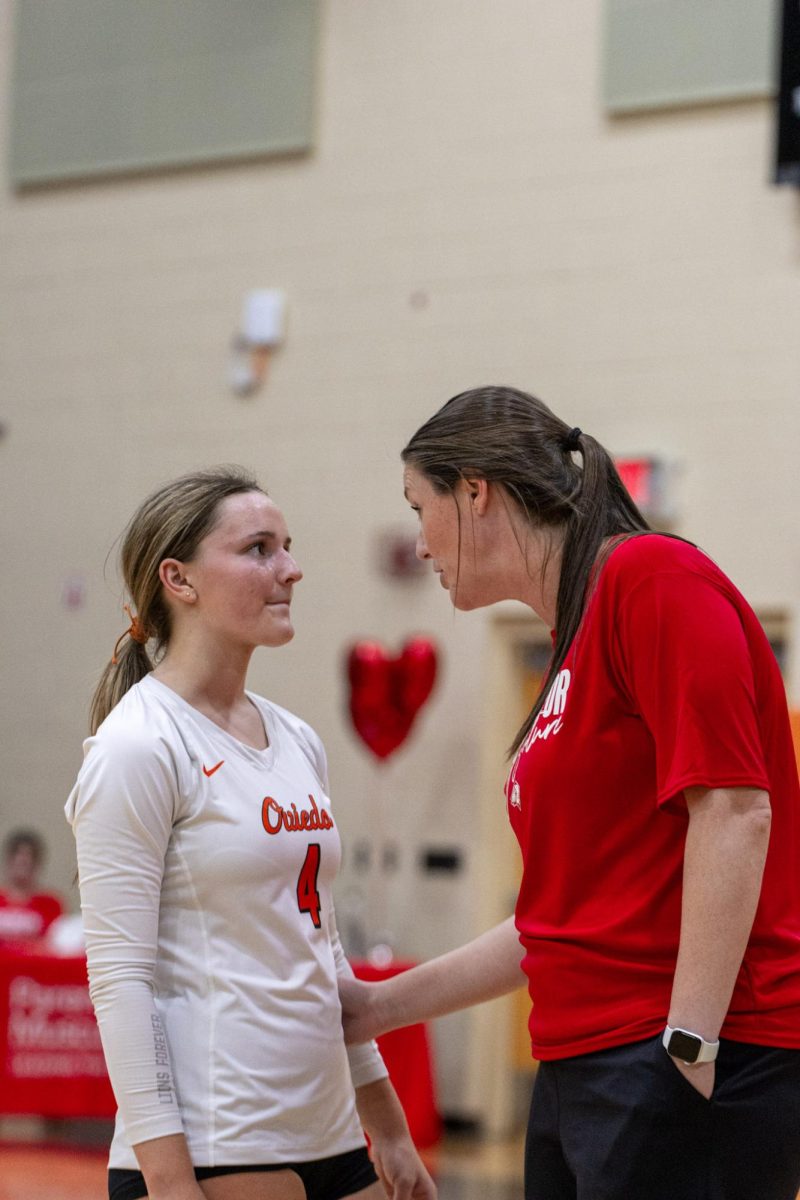
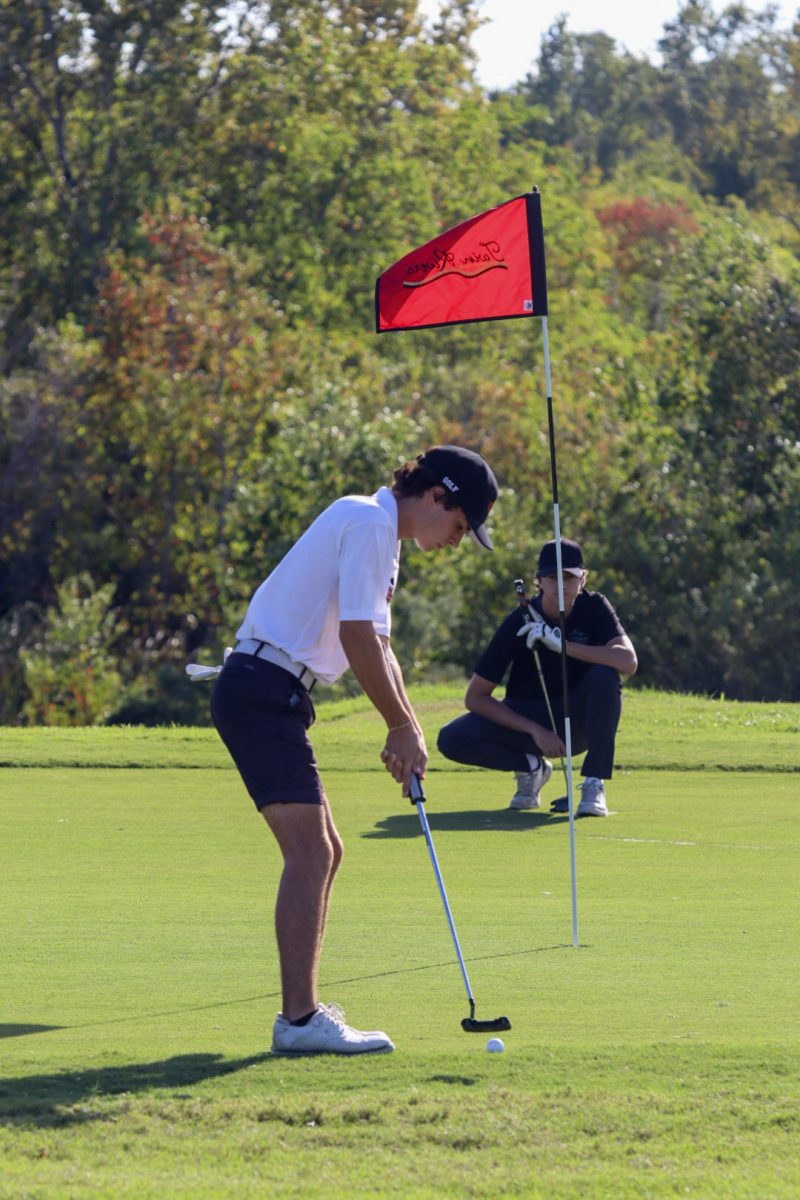

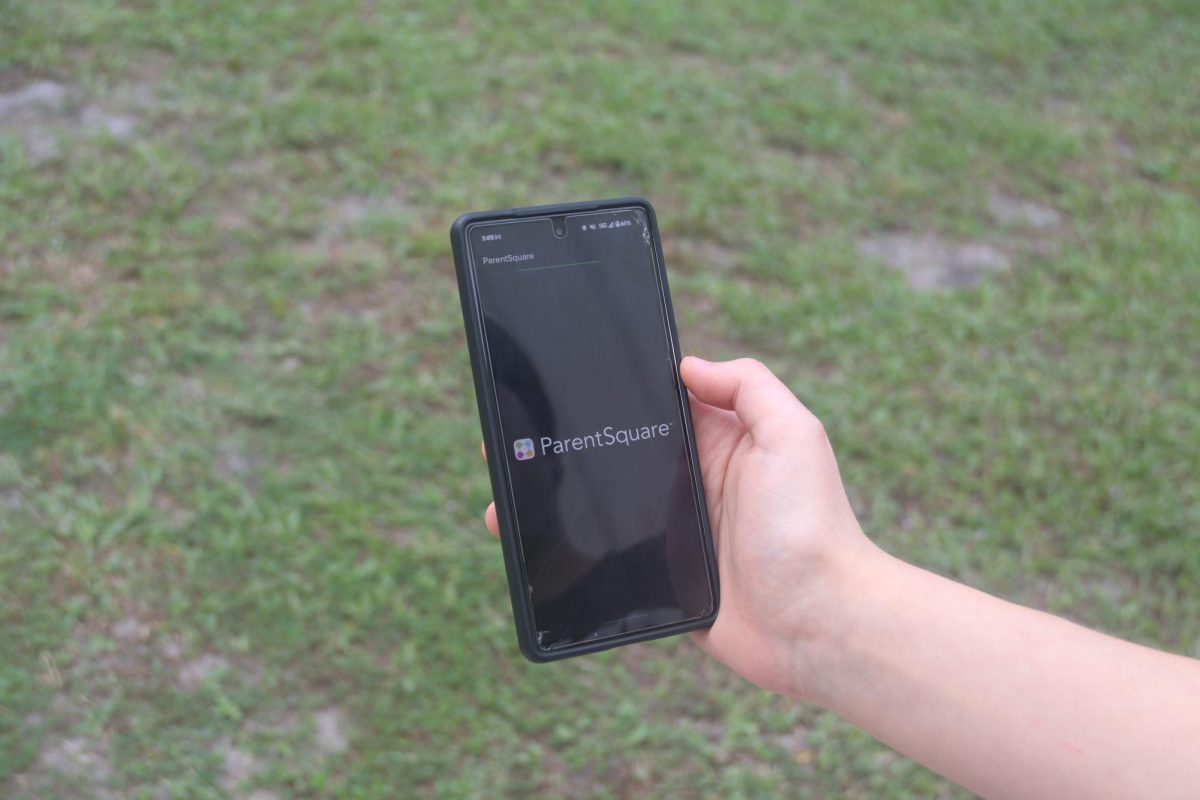
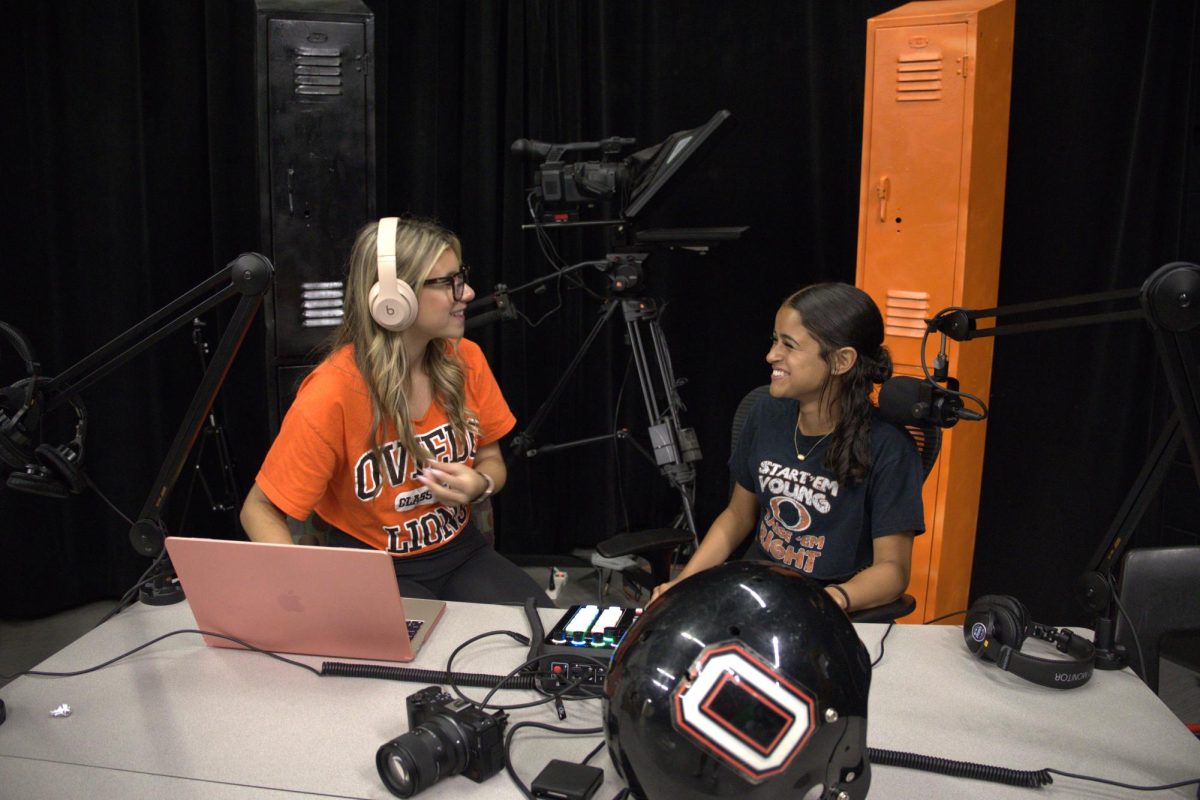


![Prom king Colin Napier and queen Leah Hopkins dance the night away during the Golden Gala on April 26th. Prior to the prom, the Student Government must make many preparations over the course of months in order to ensure it goes off without a hitch. However, their work eventually pays off when it comes time for the dance. “We set up [the prom] the day before, and it’s horrible. We’re there for a very long time, and then we get our beauty sleep, and then we get ready for prom the next day,” Aubrie Sandifer said.](https://oviedojournalism.com/wp-content/uploads/2025/05/Oviedo-197-800x1200.jpg)


